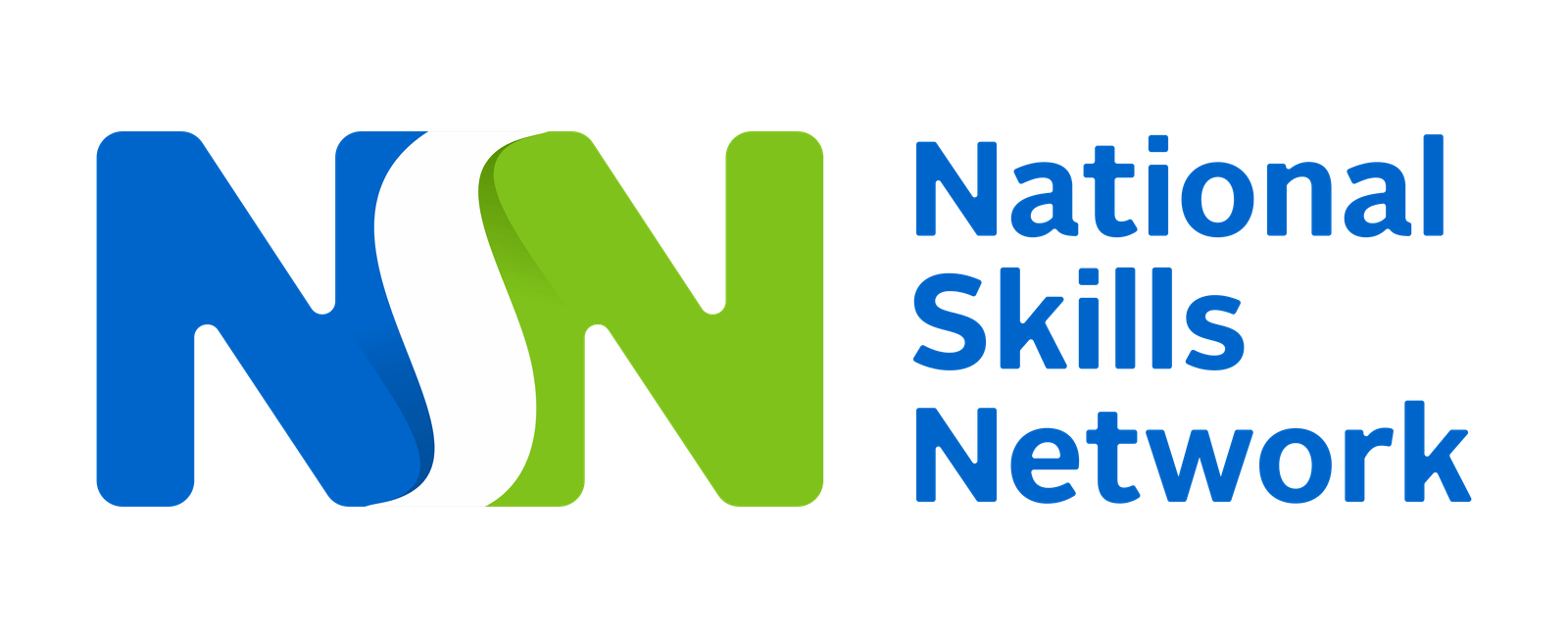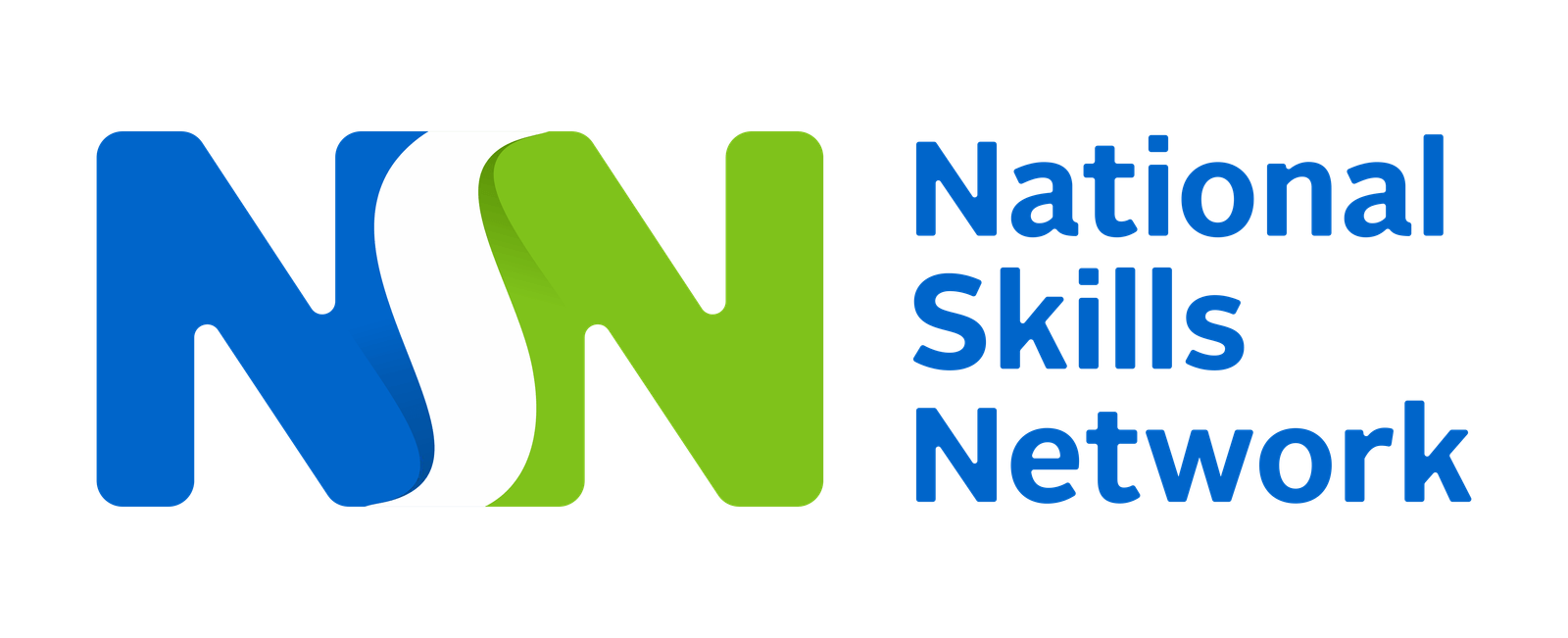India’s handloom heritage has a long history of exceptional craftsmanship that embodies and protects the colourful Indian culture. The distinctive hand spinning, weaving, and printing techniques of India’s loom weavers are renowned across the world. They operate out of rural towns and villages where skills are passed down from one generation to the next.
In rural and semi-rural areas of our country, the handloom industry is a significant source of livelihood and a representation of the diverse and rich cultural history of our nation. With more than 70% of all weavers and associated workers being women, it is also a sector that specifically addresses the empowerment of women. Nearly 19 per cent of the nation’s total fabric production comes from this industry, which also significantly boosts export revenue. The flexibility and adaptability of the handloom are unique, allowing for experimentation and inspiring developments.
For the government to create, advance, and support policies that maintain this employment, the government must guarantee “fair playing fields” so that the various textile industry subsectors can engage in healthy competition.
Things that need quick attention to overcome the problems for weavers include:
- Having access to raw materials like yarn, dyes, cotton, silk, and jute is important because their costs have been rising as a result of production and processing carried out in far-off locations.
- There is no investment made in sectoral development, and many locations require land, water, and electricity for manufacturing.
- Weavers should be stimulated to accelerate market change by investors and the need to protect handloom designs.
- The handloom industry requires special measures for textile import and export. Handloom products need to be more visible and have a bigger market network.
- To protect rural jobs and implement new programs that address the sector’s difficulties, the budget must be increased.
- Utilizing organic cotton and yarn, using natural colours, and boosting loom productivity via research and innovation are all necessary ways to increase the value of handloom products.
- With no home or assets, some groups of handloom weavers are living on the edge. The government needs to address these problems and needs to put the Minimum Wages Act into action.
Top 5 Handloom development schemes from the Government of India
National Handloom Development Programme (NHDP)
- National Handloom Development Programme (NHDP) a central sector plan scheme has been developed for the financial years 2021–2022 through 2025–2026.
- For the integrated and comprehensive development of handlooms and the welfare of handloom weavers, the plan will adopt a need-based approach that will assist weavers with raw materials, design inputs, technology upgrades, and marketing assistance through exhibitions, and permanent infrastructure.
- The main components of the scheme, for weaving groups to become self-sustainable, the cluster growth strategy places a strong emphasis on the emergence of each group as a distinct, visible entity, this cluster focused on handlooms will be established at the Block level, and more than one cluster may be taken up in a block depending on the number of handlooms.
- The goal of the handloom marketing help is to build and promote marketing channels in both domestic and export markets, as well as to create a holistic and integrated link between the two.
Comprehensive Handloom Cluster Development Scheme (CHCDS)
- The Comprehensive Handloom Cluster Development Scheme (CHCDS) is utilized by the Indian government to build mega handloom clusters with at least 15000 looms each.
- Mega Handloom Clusters will be targeted for their holistic development, with detailed development plans being created. At least 10,000 handlooms will be covered by each mega handloom cluster, with a commitment from the government of India of up to Rs. 30 crores and each Mega Cluster will receive the help of a level and type determined by its needs.
- Varanasi (Uttar Pradesh), Sivasagar (Assam), Virudhanagar (Tamil Nadu), Murshidabad (West Bengal), Prakasam & Guntur districts (Andhra Pradesh), Godda and neighbouring districts (Jharkhand), Bhagalpur (Bihar), and Trichy (Tamil Nadu) are the eight mega handloom clusters where the scheme is being implemented.
- For a variety of interventions, such as technology advancement, product development, the establishment of Value Addition Centers, Common Facility Centers (CFC), Marketing Complexes, Dye Houses, and Corpus Fund for Yarn Depots, need-based money is made available.

Handloom Weavers’ Comprehensive Welfare Scheme (HWCWS)
- The scheme seeks to offer handloom workers and weavers throughout the nation a Social Security that is both universal and reasonably priced.
- Insurance protection, this element protects against natural death, accidental death, and total and partial disability.
- For handloom weavers’/workers’ children to attend textile institutes, financial assistance in the form of scholarships up to Rs. 2 lakhs annually is provided.
- Pradhan Mantri Jeevan Jyoti Bima Yojana (PMJJBY), Pradhan Mantri Suraksha Bima Yojana (PMSBY), and Converged Mahatma Gandhi Bunkar Bima Yojana (MGBBY), Handloom Weavers Comprehensive Welfare Scheme (HWCWS) offers life, accidental, and disability insurance coverage.
Also read: The warp and weft of the Indian Handloom Industry: Education, Skill Development and Entrepreneurship – https://nationalskillsnetwork.in/the-warp-and-weft-of-the-indian-handloom-industry-education-skill-development-and-entrepreneurship/
Weavers Mudra Scheme
- The program’s objective is to allow banks to adequately and promptly support the country’s handloom industry in meeting its credit needs for term loans and working capital.
- The handloom weavers are given credit under the Weaver MUDRA Scheme at a special interest rate of 6%. A maximum of Rs. 10,000 in margin money support and a 3-year credit guarantee are also offered to weavers.
- To reduce delays in the distribution of funds for margin money and interest subvention, MUDRA Portal has been established in collaboration with Punjab National Bank.
- The loan account of the weaver receives the margin money support directly, and the portal is used to send the interest subsidy to the banks.
- Link for the portal https://www.mudra.org.in/
Yarn Supply Scheme
- Through the National Handloom Development Corporation, the Yarn Supply Scheme (YSS) is being implemented throughout the nation to make all varieties of yarn accessible at Mill Gate Price.
- All types of yarn are eligible for reimbursement of freight costs under the Scheme, and hank yarn for cotton, domestic silk, wool, and linen yarn is also eligible for a 10% price subsidy with quantity restrictions.
- The goal is to make all types of yarn available to qualified handloom weavers at Mill Gate Prices to facilitate a steady supply of essential raw materials to the handloom sector and aid in utilizing the sector’s full employment potential.
- The scheme offers weavers superior quality yarn at lower pricing than the open market through depots, which has been very beneficial in sustaining their involvement in the handloom industry.
Subscribe to our YouTube channel for more updates:
Subscribe on YouTube













చెనేత గ్రుహనిర్మానం
Silk yarn kahan se milega
Call and whatsapp 8051831406
Thanks sir